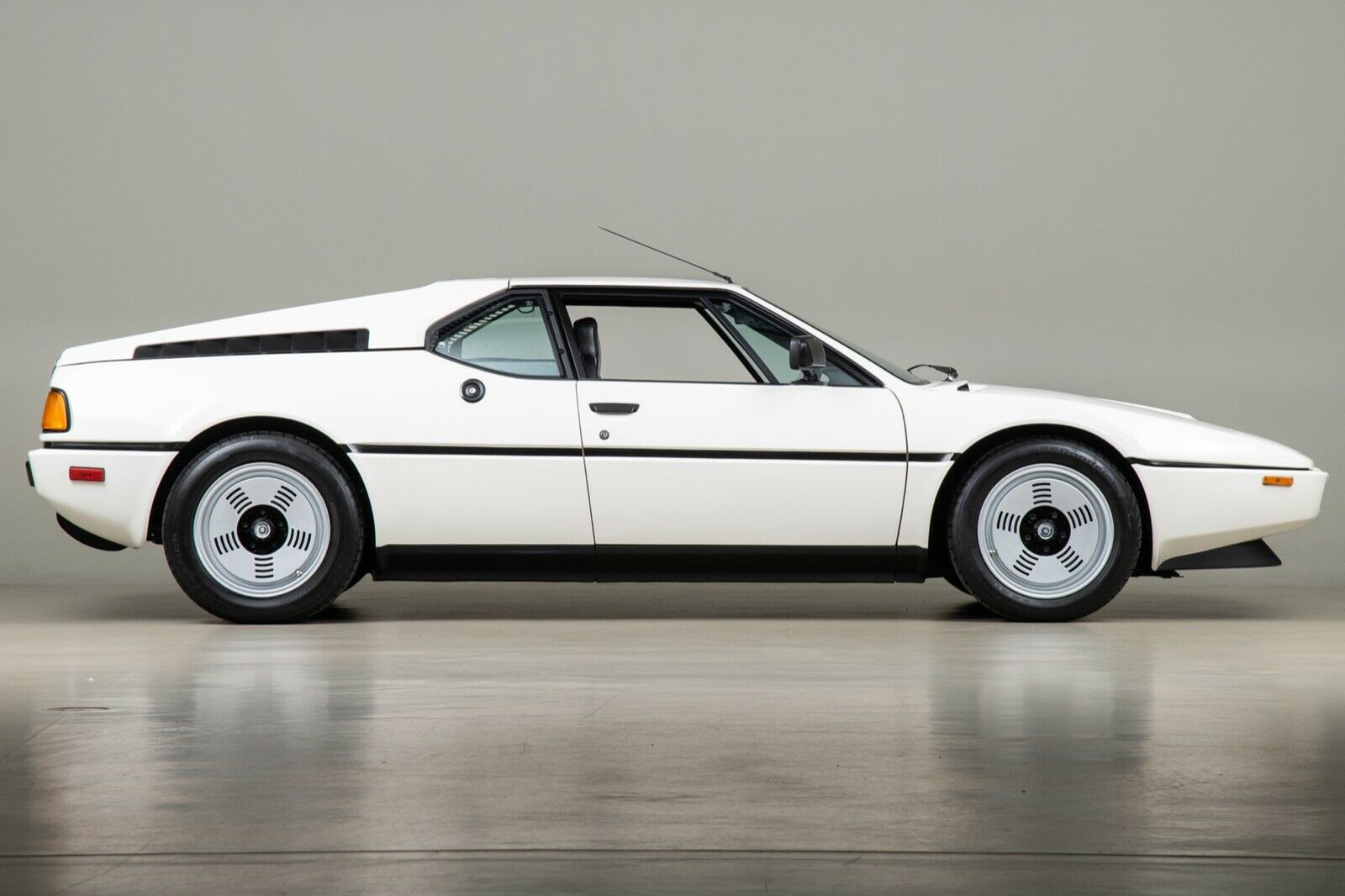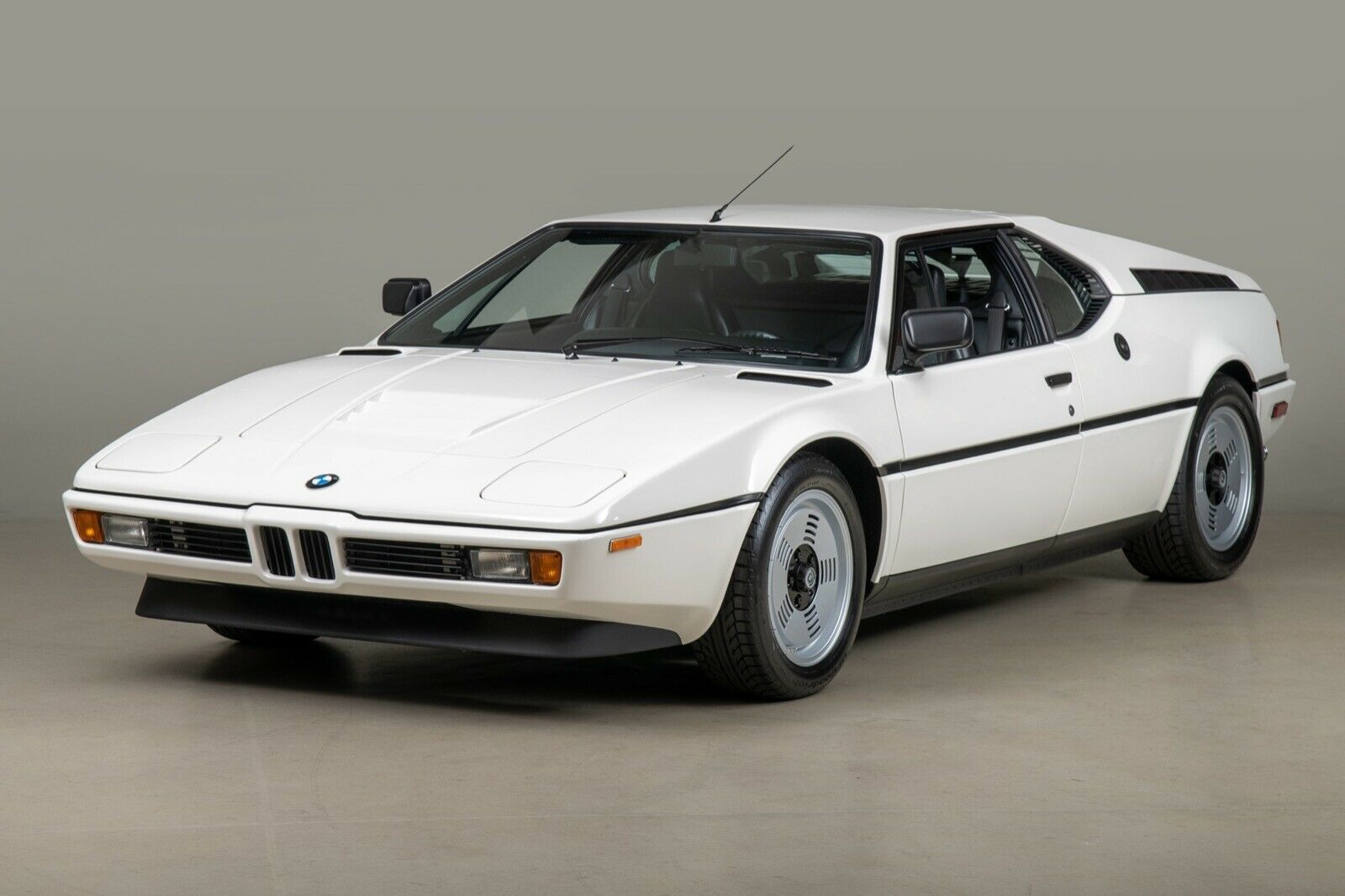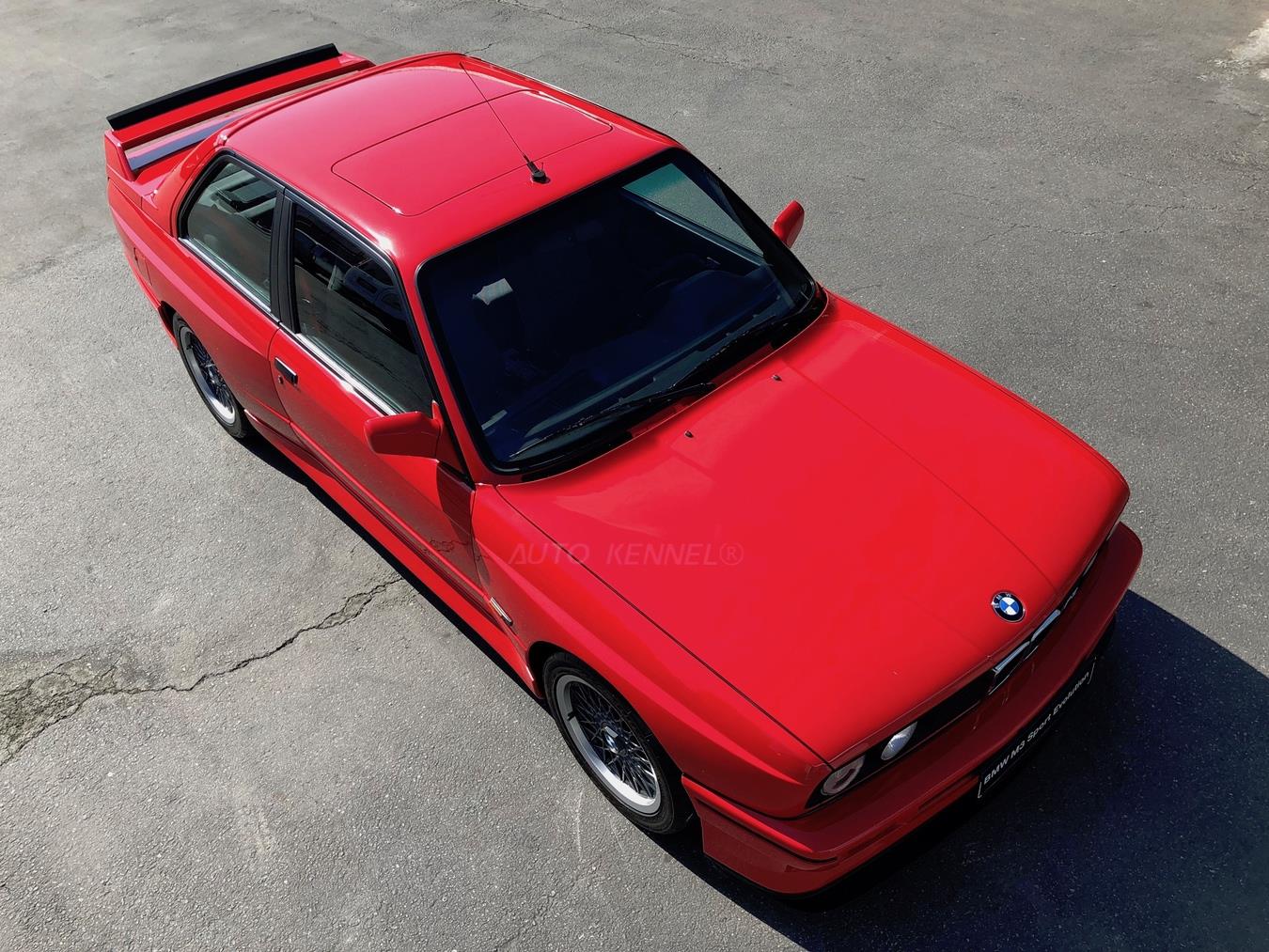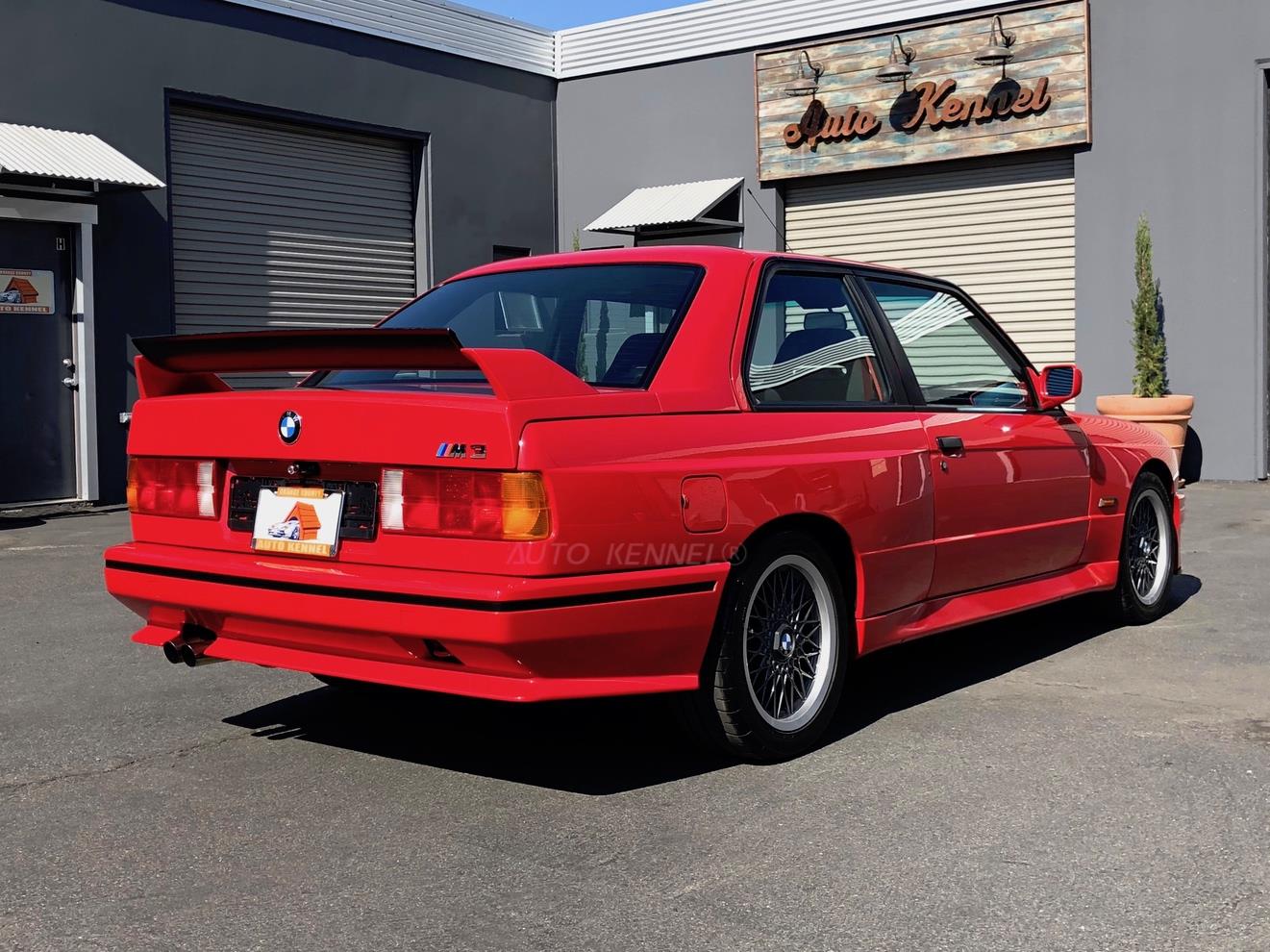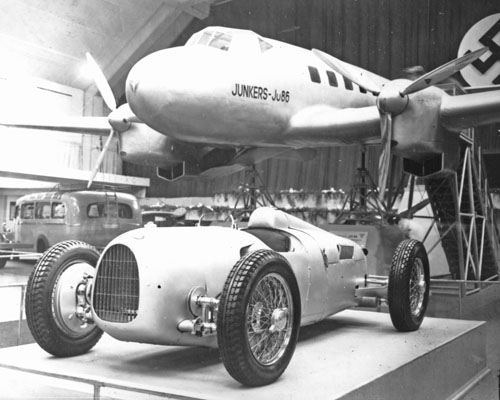It’s a bit amazing to consider that two of the most significant halo cars in German motoring history – both homologation models intended to lead their respective marques into the next decade – so closely paralleled each other, yet were so very different. It’s but a 35 minute train ride between Munich and Ingolstadt, and in the late 1970s both BMW and Audi wanted a range-topping model to grab attention. But their approaches were radically different. BMW designed a bespoke mid-engine, tube-frame supercar around a basic engine design it already had. Audi, on the other had, took a basic car design it already had and added a revolutionary drivetrain.
Both were styled by Giugiaro. Both had to be built out-of-house; Baur had a hand in each. Both had legendary engineers – Walter Treser and Roland Gumpert for Audi, Jochen Neerpasch at BMW. Both raced, though the series they were intended for were ultimately cancelled. Both launched a brand name – BMW’s M division, and Audi’s quattro (and later quattro GmbH). And today, both are both legends and highly sought by collectors. So today we have an interesting showdown; two prime examples have come to market and are nearly the exact same price. Of course, for that to occur the Audi entrant is the ‘ultimate’ evolution of the Quattro, the Sport model. So let’s put aside the ridiculous $700,000 plus asking prices of each of these cars for a moment, and consider – all things being equal (which they nearly are!), which one would you choose? Let’s start with the M1:
